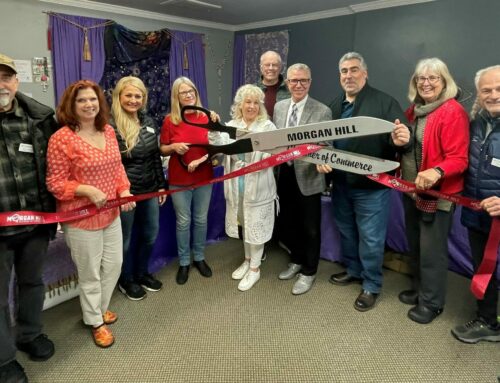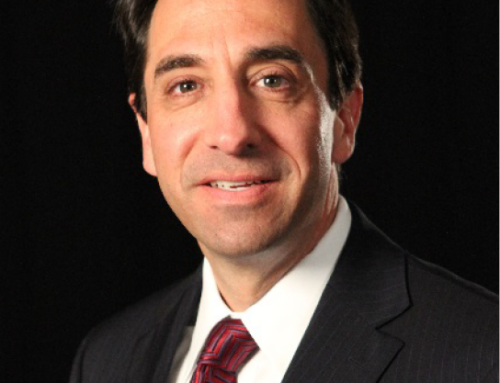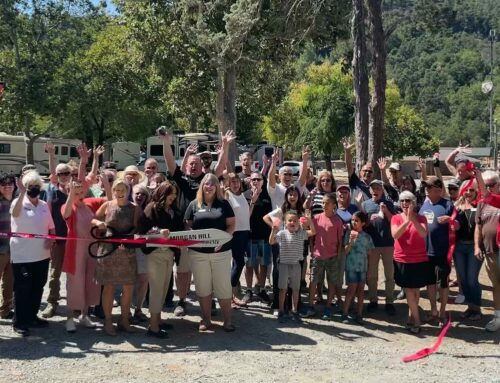Published in the May 9 – 22, 2018 issue of Morgan Hill Life
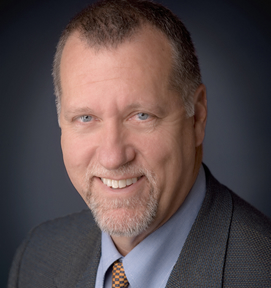
James Ward
Why should someone have a trust? Some of the main reasons for a trust are (1) to avoid a conservatorship, (2) to avoid probate, and (3) to establish the desired distribution of your assets following your death.
But that’s not all. Your trust also has to establish who will be in charge of your assets if you’re living but incapacitated, and what authority they have to hire professionals and spend your assets for your care and sometimes for the care of other family members. Who will decide how we care for you?
More and more, people are relying on trusts to provide the framework for their care when they have dementia or Alzheimer’s disease. But the proper documents will also cover the person if they have a stroke or Parkinson’s disease or an accident that results in their inability to make their own decisions.
Before you lose the ability to communicate your wishes, you need to have legally prepared documents in place naming a trusted person to make decisions for you while you’re still living, and then to distribute your assets according to your wishes following your death.
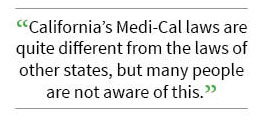
The wife is convinced that her 88-year-old husband of more than 65 years is now having an affair with a 44-year-old neighbor he has never even spoken with.
This level of distrust is not uncommon when dementia sets in, and the wife is convinced that in addition to the affair, the husband has been buying new cars for the neighbor and the neighbor’s young son. What can he do now? He wants to make changes in the trust distribution to their grandchildren to give them more when he and his wife both die, but his wife is distrustful now and not willing to allow any changes to their trust.
If you don’t have a trust, get one. If you have a trust, get it reviewed and make sure it’s kept up to date.
I currently have three clients who are on the verge of conservatorships due to undue influence and not having the right documents in place.
Two are cases that the clients have described as greedy daughters wanting much more money than the parent wants to give them, and the other is a CPA who is trying to take control of several million dollars of the elder’s assets so that the CPA can continuously bill the elder’s estate for the next five to 10 years until the elder passes away and his assets are finally distributed.
If you read much about conservatorships or talk to people who have had a family member conserved, you’ll know that the money just flows out of the person’s estate to enrich a lot of nonfamily members.
The court system is there to “protect” people, but at what cost? People frequently complain that the elder’s estate lost $500,000 to $1 million because of different professionals billing the elder’s estate for their services.
Don’t allow yourself to get thrown into a conservatorship where your body and assets are controlled by people you’ve never met, and your wealth is being used to compensate those same people you’ve never met.
James Ward is a longtime South Valley resident who lives in Morgan Hill. He went to law school in New England and earned a post-graduate law degree in Estate Planning at the University of Miami. Jim worked as an Estate Planning and Elder Law attorney in Florida, and then returned to open his law firm focusing on Estate Planning and Elder Law. He has offices in South Valley and Willow Glen.


